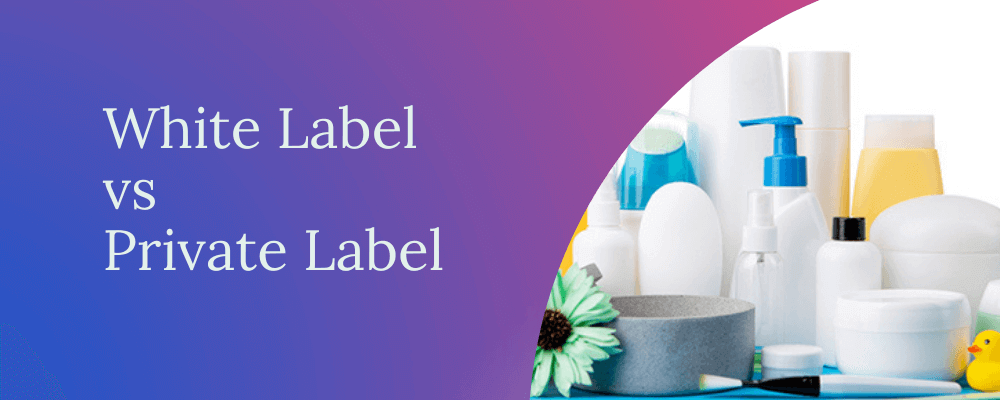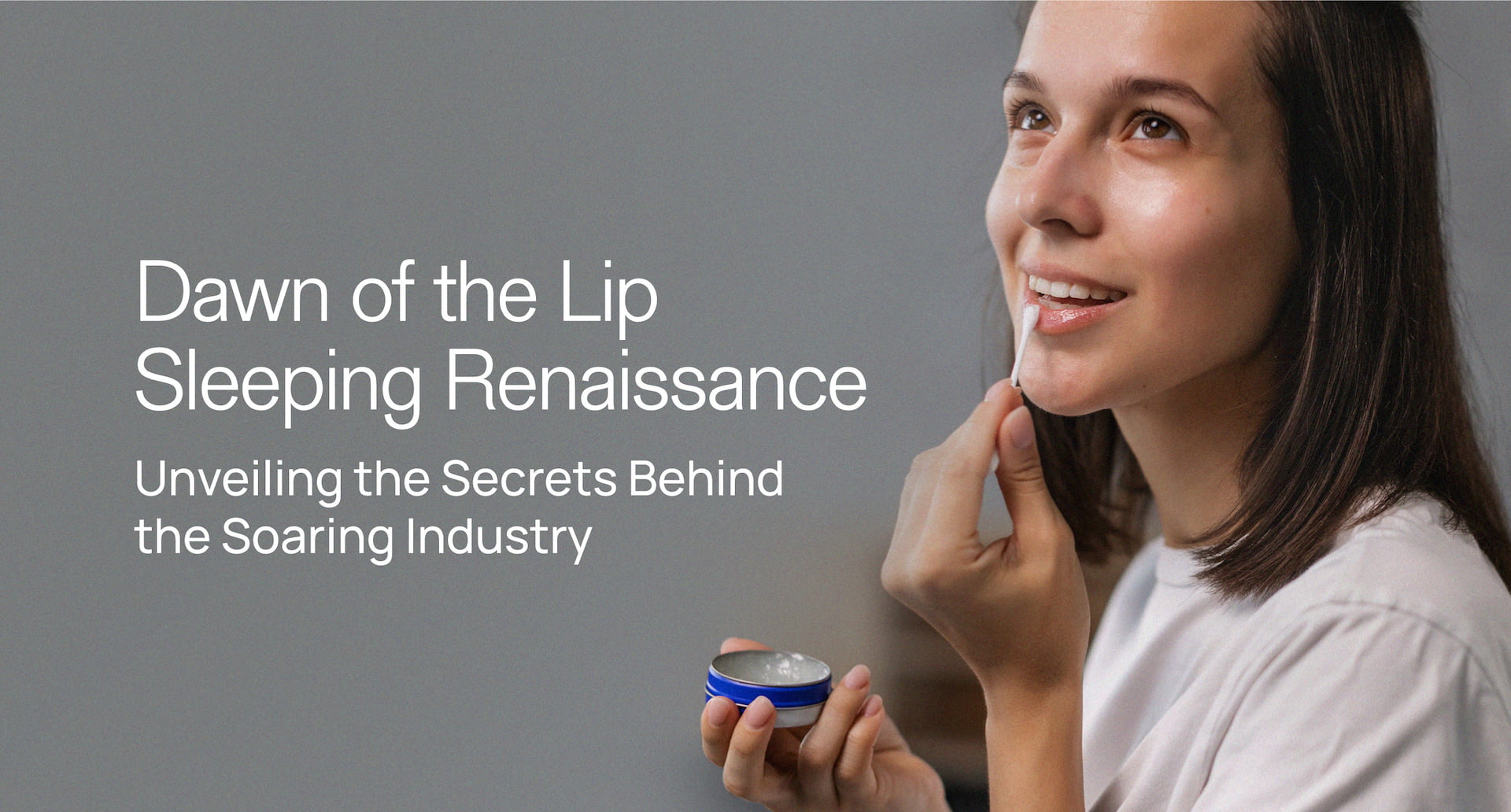Private labeling has emerged as one of the most talked-about topics. However, before heading ahead with other details, we need to understand private labeling.
Let’s take the example of cosmetic and beauty product companies. They create new formulations, manufacture them and market them. But does everyone do that? NO. Many companies purchase manufactured products from third-party companies and sell them with their labels. This is private labeling.
What Is a Private Label Brand?
Private label brands are the companies that manufacture the products and sell them to different companies. This next company is free to label the products and sell them to the end-consumers at their pricing.
The private-label brands benefit from selling bulk products to other brands. The business model can be said to be B2B but not B2C. Many private label brands are going a step ahead with packaging services. They provide the product packaging as well reducing the workload of the buyer.
Private Label Vs. White Label
There are some subtle differences between the two. Let’s take a look:
- Private label brands sell their products to one retailer, whereas white labels sell their products to multiple retailers.
- The market is very restricted to private labels. On the other hand, white label products have a more significant market segment and have opportunities to scale.
- Private labels do not invest in marketing the product, whereas white-label brands have to invest in marketing to sell the products.
- Private label offers higher collaborations where the client can change the formulations and ingredients.
Private Label Brands Example
Like the B2C brands, many private label brands have created a good reputation in the market. You might have heard their names as B2C brands, as most of them do not market themselves as private label brand. Here are some of the examples of private label brands:
- Solimo: Household goods including personal care, essential and pet products
- Amazon essentials: Product range of affordable clothing
- Mama Bear: Food and household products for babies and kids
- Presto: Household essentials
- Wag: Pet products
Most Successful Private Label Brands
To capture the maximum market, private label products have been improving different aspects such as cost of sourcing and manufacturing, product quality, and customer relationship. As a result, many private label brands have differentiated themselves based on their product and services. Some of the successful private label brands are:
- Kirkland Signature: Sells a wide range of household, home essentials, clothing, and many other products at affordable rates.
- Amazon Essential: A wide range of products, including household, personal care, grocery, and infant essentials.
- Tesco venture brands: Tesco’s white label brand that sells groceries and household products
- Walmart’s Great Value brand: Sells thousands of consumable products for households
- Walmart’s Mainstay: Household and home décor products
Key Takeaways
Private labeling is finding its way into the market over cost- and labor- efficient production where the brands do not have to invest in setting up a manufacturing and production unit. In addition, it is eyed as a great way to launch new products into the market where the buyer has to only invest in marketing the products.
We are a leading cosmetics third-party manufacturing company that can be the perfect private label brand for partnership. We offer a wide range of cosmetic and beauty products. Our experts can help derive the perfect formulation according to your requirement. So contact us today to get the best quality affordable products under your brand name.



-p-500.jpeg)



